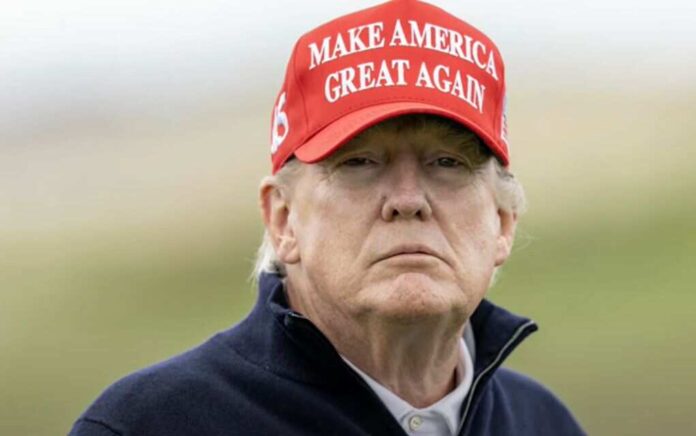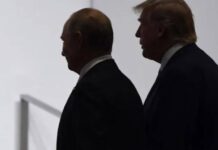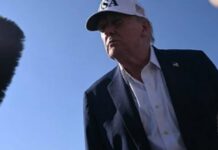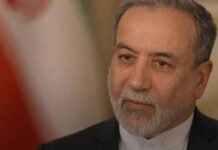
Trump may have nominated three of the Supreme Court Justices. But that doesn’t mean they are in his back pocket.
And now this 7-2 Supreme Court ruling will change Donald Trump’s future forever.
Legal analysts speculate that the Supreme Court may have added new requirements to the Justice Department’s probe of President Trump’s possible involvement in the Capitol incident on January 6.
On Tuesday, in an opinion split 7-2, the Supreme Court ruled that, in cases where a defendant is charged with making a criminal threat, the government must show that the defendant had actual knowledge that his words would be taken that way.
This decision is significant, according to Alan Rozenshtein, an associate professor at the University of Minnesota Law School, because it could indicate the “viability and probability of a prosecution of former President Donald Trump for inciting the Jan. 6 attack on the Capitol,” as he wrote on a blog post for Lawfare on Tuesday.
In the District of Columbia, special counsel Jack Smith has been gradually investigating Trump’s alleged role in the Capitol disturbance while Trump faces federal accusations connected to his handling of secret data.
When Trump told his supporters the election was stolen and urged them to “fight like hell” during a speech before the crowd marched to the Capitol, Trump-appointed Judge Gregory G. Katsas of the U.S. Court of Appeals for the District of Columbia Circuit suggested the former president may have incited violence.
Legal analysts have pondered whether the DOJ could put together a potential indictment saying that Trump helped incite the disturbance in light of this and Smith’s two-pronged probe of Trump.
In light of the decision in Counterman v. Colorado issued on Tuesday, however, Rozenshtein said that further development of the case “just got meaningfully less likely.”
According to Rozenshtein, “it’s easy to imagine this added burden as the determining factor” in whether or not to launch a prosecution “even more high-stakes than Trump’s current Mar-a-Lago indictment.”
Jared Carter, a professor at Vermont Law and Graduate School, told the media that he and his colleagues at the school agreed with Rozenshtein in part because “it puts the burden on the prosecutors.”
However, Carter highlighted that the Counterman issue was a “true threat” case, and he noted that any possible lawsuits against Trump would be “incitement cases.”
Billy Counterman was found guilty of stalking Coles Whalen, a female musician, after he repeatedly sent her threatening Facebook messages. While the court made clear that the First Amendment does not protect actual threats of violence, it did rule that states must prove a criminal defendant acted recklessly in order to prove that his speech was threatening. This means that the defendant must have “disregarded a substantial risk that his communications would be viewed as threatening violence.”
To convict someone of making a death threat, “the State must show that the defendant consciously disregarded a substantial risk that his communications would be viewed as threatening violence,” Justice Elena Kagan wrote for the majority. As the article states, “the State does not need to prove any more demanding form of subjective intent to threaten another.”
Carter said that there should be a “higher standard” in incitement cases due to concerns over the First Amendment. “Because the Supreme Court has said time and time again, we really want to be careful about burdening political speech and political hyperbole,” he explained.
In the majority decision, Kagan addressed the issue of political speech. “a way to ensure that efforts to prosecute incitement would not bleed over, either directly or through a chilling effect to dissenting political speech at the core of the First Amendment,” she wrote of an intent requirement for incitement cases.
While a charge of incitement against Trump is “marginally less likely (it was questionable, to begin with),” senior counsel at the Lawfare Project Gerard Filitti told the media that the Department of Justice is likely to also investigate larger conspiracy charges.
Smith has lately compelled at least two people accused of being phony electors to testify before the Washington, D.C. grand jury, a significant step forward in his probe into Trump’s alleged plans to undermine the 2020 election.
Trump “may be breathing a sigh of relief with regard to incitement,” Filitti said, “but this saga is far from over.”
Stay tuned to the Federalist Wire.



















